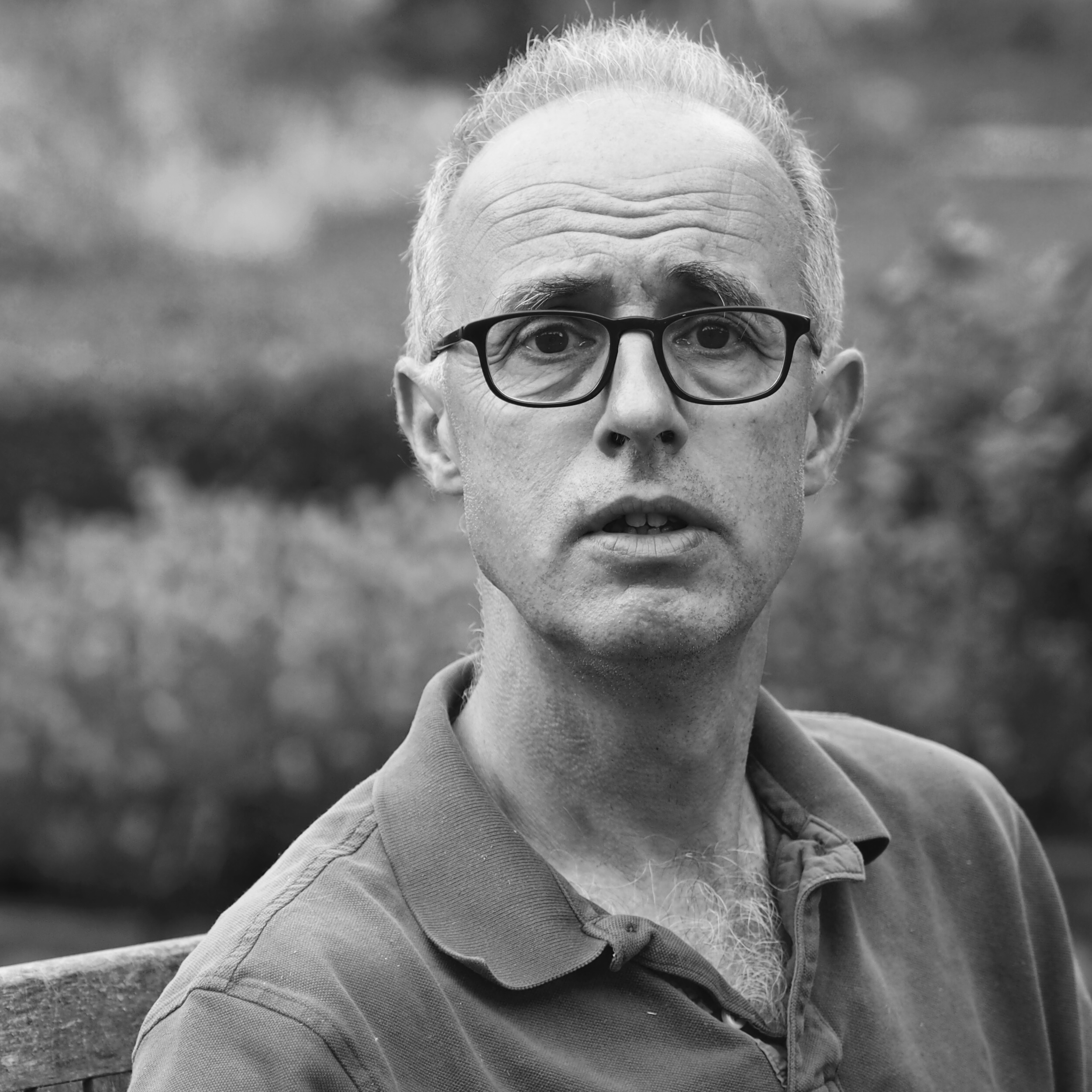Part 1B Knowledge, Language and World: Truth
This is the web page for the Philosophy Part 1B lectures on Truth given by Richard Holton as part of the Knowledge, Language and World paper at the University of Cambridge, Michaelmas term 2023. The course will take place on Tuesdays at 10 am, in Weeks 2 to 5. In Weeks 2, 3 and 4 it will be in Titan 1, Cockcroft Building, New Museums Site (don't ask me where this is; I hope I will find it); in Week 5 it will be in Little Hall, Sidgwick Site. This page provides links to papers and other texts that may be useful and to pdf versions of the handouts. The faculty reading list can be found here.
I will be focussing on what are standardly called ‘correspondence’, ‘pragmatic’ and ‘deflationary’ theories. Despite their prominence in the Faculty course description, coherence theories are rarely advocated nowadays (they rarely ever were), but we shall be looking at them briefly when talking about pragmatism. To give a flavour of the direction of recent formal work, we will conclude with a brief look at the way that Tarski wanted to avoid the paradoxes, and at Kripke's alternative.
A good overview, with links to many other resources, can be found in Michael Glanzberg’s Stanford Encyclopedia entry on truth. Note though, that, as he says there, this is really just for orientation: the arguments are largely omitted. Richard Kirkham, Theories of Truth provides the best single outline of what we will be discussing here. An excellent recent guide at the slightly more formal end is Burgess and Burgess Truth (Princeton University Press 2011).
Email me with any questions at rjh221@cam.ac.uk
Lectures
Correspondence (17th October)
Primary reading
Richard Kirkham, Theories of Truth, Ch. 4, provides a good overview of Russell, and of the tangles of the Austin/Strawson debate. The latter is sufficiently tangled that I'd suggest reading the Kirkham first.Pragmatism and Other Non-Realist Approaches (24th October)
Primary reading
Again, Kirkham Theories of Truth Ch. 3 provides a very good introduction.
Secondary reading
Varieties of deflationism and their difficulties (31st October)
Primary reading
An influential defence of what he calls minimalism is given by Paul Horwich in his book Truth.
Secondary reading
The Liar: Tarski's and Kripke's responses to the paradoxes (7th November)
Primary reading
Tarski’s main piece on truth ‘The Concept of Truth in Formalized Languages’ is formidably long and difficult. But you can get a good introduction to the philosophical motivation from ‘The Semantic Conception of Truth and the Foundations of Semantics’ PPR 4 (1944). ‘Truth and Proof’ from The Scientific American, is also helpful.
Kripke presents his account in Outline of a Theory of Truth’. This isn’t quite as hard going as it might first seem, though it does get more hairy as it goes on. You should be able to read at least the first half.
Secondary reading
There are many introductions to Tarski’s formal method. The first sections of Chapter 2 of Burgess and Burgess are very clear, as is Chapter 3 of Scott Soames Understanding Truth. Field’s complaint about Tarski’s unrealized reductive project occurs in ‘Tarski’s Theory of Truth’ Journal of Philosophy 1972.
Burgess and Burgess also have a good introductory presentation of Kripke
Christopher Gauker, Kripke's Theory of Truth, is as straightforward a presentation of the formalism as you can get, with some useful criticisms at the end.
 Philosophy
Philosophy